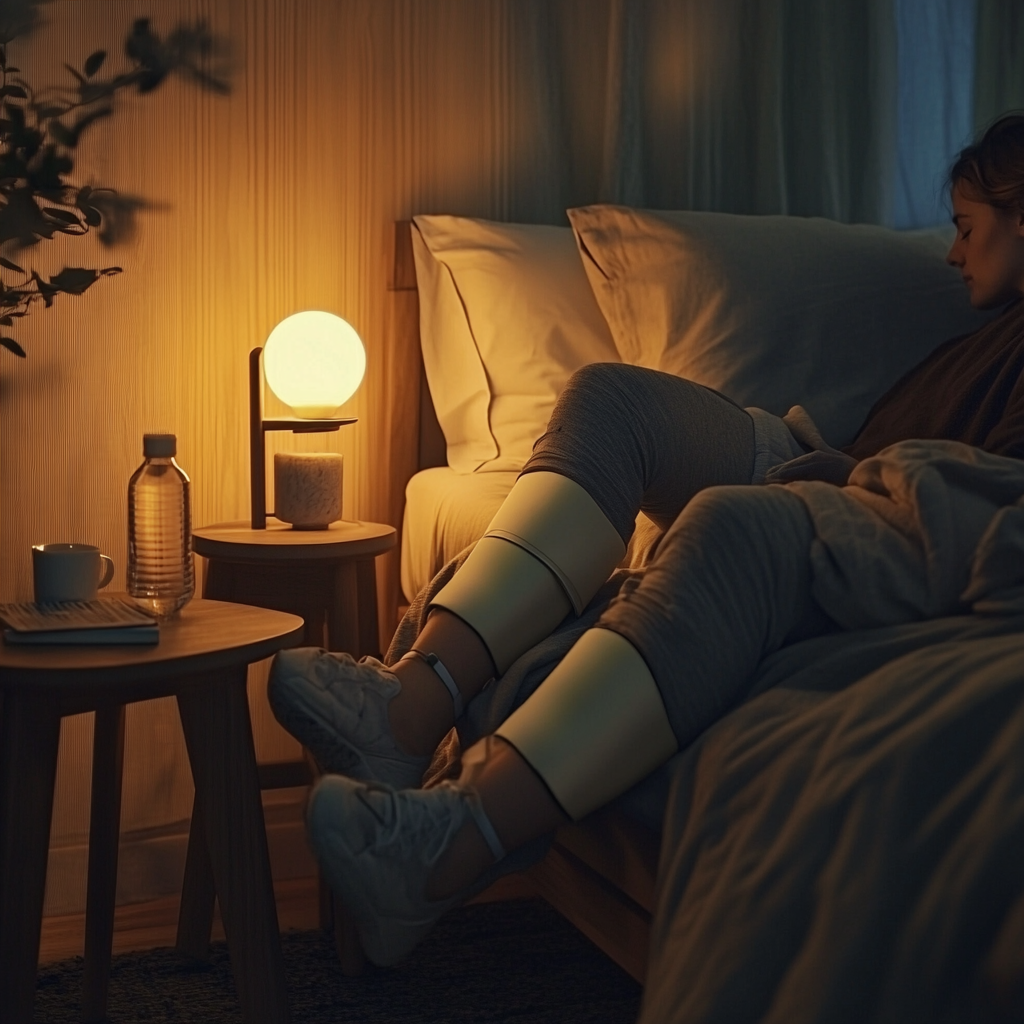Best Tips for Sleep After ACL Surgery: Improve Your Recovery
Introduction
Recovering from Anterior Cruciate Ligament (ACL) surgery can be a demanding journey that requires patience, rest, and careful management. One of the critical components of your recovery is getting sufficient sleep. Proper sleep not only helps the body heal faster but also improves your overall well-being during the recovery period. This article provides comprehensive tips to help you achieve better sleep after ACL surgery.
Understanding the Importance of Sleep in Recovery
Sleep is a vital process that allows your body to repair tissues, including the injured ACL. During sleep, the body undergoes various physiological changes that promote healing. Importantly, sleep aids in:
- Reducing Inflammation
- Managing Pain
- Boosting Immune Function
- Enhancing Mental Health
By focusing on improving your sleep, you can significantly enhance your recovery process.
Create a Comfortable Sleep Environment
A conducive sleep environment is imperative for quality rest. Here’s how you can set up a sleep-friendly space:
1. Choose the Right Mattress and Pillow
Invest in a mattress that provides adequate support for your back and neck. A medium-firm mattress is often the best choice. Additionally, a good pillow that aligns your spine can help prevent discomfort.
2. Keep Your Room Cool and Dark
A cool, dark room promotes deeper sleep. Set the thermostat between 60-67°F (15-19°C). Use blackout curtains if necessary to block out light.
3. Reduce Noise Levels
Noise can disrupt sleep, particularly when you are already uncomfortable due to post-surgery pain. Consider using earplugs or a white noise machine to mask sounds.
Develop a Sleep Routine
A consistent sleep schedule can improve your sleeping patterns and overall quality of rest.
1. Set a Regular Bedtime
Going to bed and waking up at the same time every day helps regulate your body’s internal clock. Aim for at least 7-9 hours of sleep per night.
2. Pre-Sleep Relaxation Techniques
Engage in relaxation activities before bed, such as:
- Reading a Book
- Taking a Warm Bath
- Practicing Deep Breathing Exercises
- Listening to Calm Music or Guided Meditations
Manage Pain Effectively
Pain management is crucial for getting a restful night’s sleep after ACL surgery.
1. Follow Your Medication Plan
Pain medications prescribed by your doctor should be taken as directed. Do not skip doses, and ensure you take them at the same time each day to maintain steady pain control.
2. Use Cold and Compression Therapy
Applying ice packs or using a cold therapy machine can reduce swelling and numb pain. Always follow your healthcare provider’s instructions when using cold therapy.
3. Elevate Your Leg
Prop your leg up on pillows to reduce swelling and promote fluid drainage. Ensure that your leg is elevated above the level of your heart, especially right before bedtime.
Consider Your Sleeping Position
The position you sleep in can greatly impact your comfort and recovery post-ACL surgery.
1. Sleep on Your Back
Sleeping on your back is often recommended as it keeps the surgical site elevated and reduces pressure on the knee. Place a pillow under your calf to keep your leg straight without straining the knee.
2. Avoid Sleeping on Your Stomach
Sleeping on your stomach can twist the knee unnaturally and place undue stress on the healing ligament. Avoid this position to ensure proper alignment and comfort.
3. Side Sleeping
If you prefer sleeping on your side, use a body pillow to cushion your legs and maintain alignment. Place a pillow between your knees to reduce stress on the injured leg.
Nutrition and Hydration
What you consume also affects your sleep quality and recovery process.
1. Eat a Balanced Diet
Nutrition plays a pivotal role in healing. Focus on consuming a diet rich in protein, healthy fats, and complex carbohydrates. Foods high in Omega-3 fatty acids, vitamins, and minerals can reduce inflammation and promote repair.
2. Stay Hydrated
Proper hydration is crucial for tissue recovery. Aim to drink at least eight glasses of water daily. Avoid caffeinated beverages close to bedtime as they can interfere with your sleep.
Seek Professional Help if Needed
Sometimes, despite your best efforts, sleep may remain elusive due to pain or discomfort.
1. Consult Your Doctor
Discuss your sleep issues with your healthcare provider. They may adjust your pain management plan or recommend sleep aids if necessary.
2. Physical Therapy
A physical therapist can provide exercises and stretches that ease pain and improve your range of motion, indirectly aiding better sleep.
Conclusion
Getting adequate sleep after ACL surgery is a cornerstone of effective recovery. By creating a comfortable sleep environment, developing a consistent routine, adequately managing pain, and maintaining optimal sleep positions, you can significantly enhance your recovery process. Incorporate the tips shared in this guide to ensure you are giving your body the best chance to heal and return to full health.





